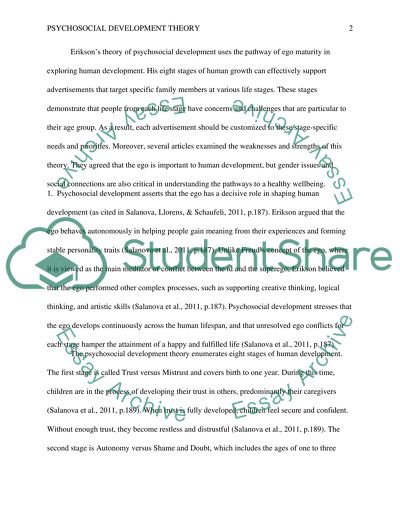Cite this document
(“Erikson's Theory of Psychosocial Development Assignment”, n.d.)
Retrieved from https://studentshare.org/psychology/1457258-eriksonyies-theory-of-psychosocial-development
Retrieved from https://studentshare.org/psychology/1457258-eriksonyies-theory-of-psychosocial-development
(Erikson'S Theory of Psychosocial Development Assignment)
https://studentshare.org/psychology/1457258-eriksonyies-theory-of-psychosocial-development.
https://studentshare.org/psychology/1457258-eriksonyies-theory-of-psychosocial-development.
“Erikson'S Theory of Psychosocial Development Assignment”, n.d. https://studentshare.org/psychology/1457258-eriksonyies-theory-of-psychosocial-development.


